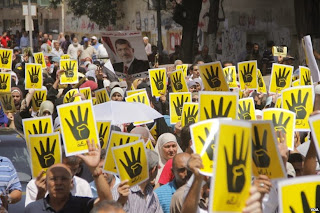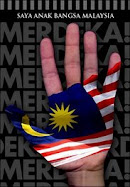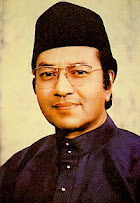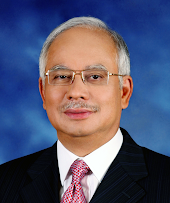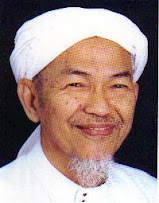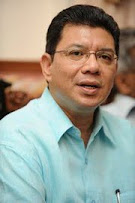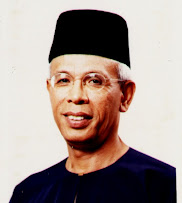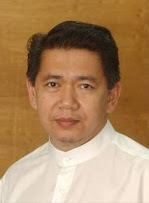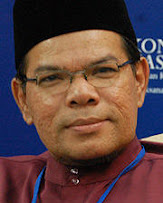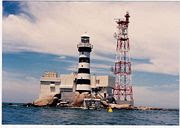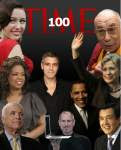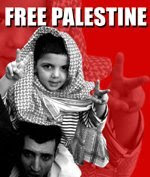Egyptians are currently facing massacre and fright since their government was foreclosed by the military last month. At the outset, the ousted president Dr Muhammad Morsi has been elected by people to form a fresh government last year through free and fair elections before being overthrown by unscrupulous parties. This has adversely affected the democratic process in Egypt.
In Uganda, for instance, after a military coup in 1971, Obote - the executive president at that time - was deposed from power and the dictator Idi Amin seized control of the country. Idi ruled Uganda with the military for the next eight years and carried out mass killings within the country to maintain his rule.
An estimated 300,000 Ugandans lost their lives at the hands of this regime, many of them in the north who were associated with Obote's loyalists. Aside from his brutalities, Idi forcibly removed the entrepreneurial South Asian minority from Uganda, which left the country's economy in ruins.
In Zimbabwe, likewise, when Robert Mugabe took over the rule, the Matabeleland Massacre took place from 1982 until 1985. It has been estimated that at least 20,000 Matabele were murdered and tens of thousands of others were tortured in military internment camps. The slaughter only ended after all parties reached a unity agreement in 1988 that merged all respective political parties, creating the Zimbabwe African Union-Patriotic Front.
Having said that, we should take heed of what had happened as mentioned. In other words, the democratic process should be given a chance to solve uncertainty in order to avoid Egyptians from being left far behind and a return to the dark ages. It is because the coup d'etat effort would obviously restrict the people from strengthening the "democracy" to encourage freedom in general and justice in particular.
In essence, Morsi should be released from illegal detention and given opportunity to be in power. Otherwise, it will affect adversely on the lives of all Egyptians in terms of freedom of speech, peaceful gatherings and an unbiased mass media.
There are several possible conclusions from these findings, but most importantly, it is bewildering that Malaysia remains silent when other countries have shown their position by expressing condemnation to the carnage.
The latest of which is Turkey, which has urged the United Nations Security Council to take decisive action against the crackdown and violence by security forces during the clash.
Besides, Ecuador as well as several countries have taken the urgent step of recalling their respective ambassadors in Egypt for consultations on Wednesday after Egyptian security forces crushed the protest camps of Morsi supporters, then shooting nearly 600 of them dead.
- See more at: http://www.themalaysianinsider.com/sideviews/article/egypt-and-the-dark-ages-ahmad-shahir-abdul-aziz#sthash.PVZ48oXz.dpuf
